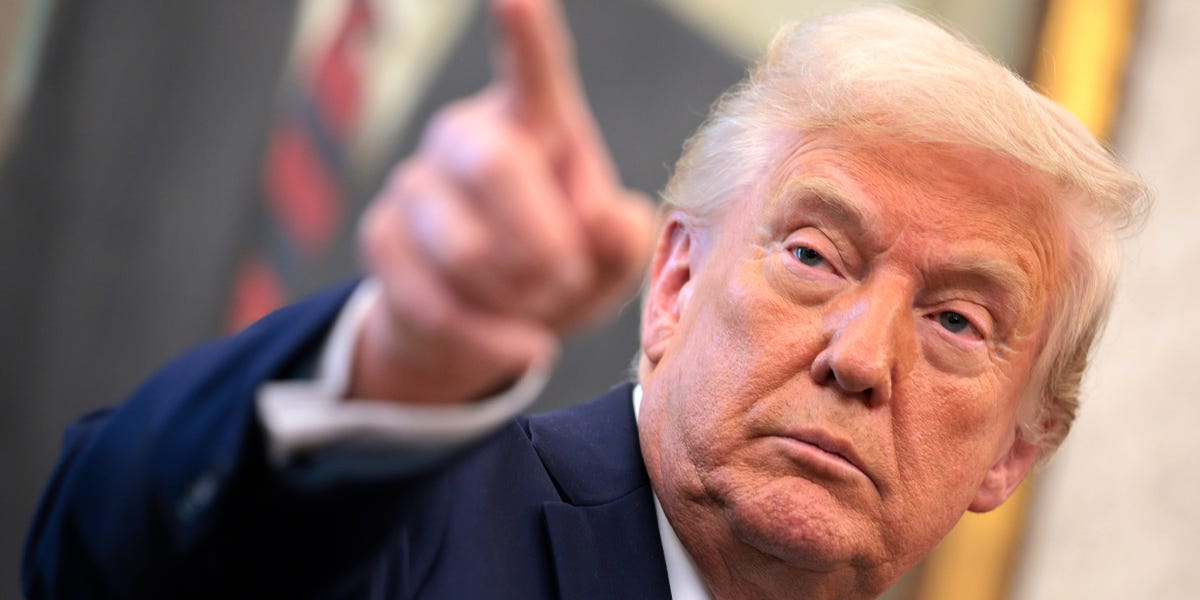Economic Anxiety Rises: Most Americans See Downward Spiral in Trump's Early Tenure

Despite Promises of Economic Prosperity, Americans Grow Skeptical of Trump's Economic Impact
Recent polling data reveals a growing disconnect between voter expectations and economic reality. When Americans cast their ballots for Donald Trump in 2016, many were driven by hopes of economic revitalization and job growth. However, the latest surveys suggest mounting disappointment, with a majority now believing that the president's economic policies have failed to deliver the promised improvements.
Voters who saw Trump as a business-savvy leader capable of transforming the nation's economic landscape are now questioning their initial optimism. The polls indicate a significant shift in public sentiment, with increasing numbers of Americans perceiving the economic climate as more challenging under Trump's leadership.
This growing disillusionment highlights the complex challenge of translating campaign promises into tangible economic progress, and underscores the gap between political rhetoric and economic performance that voters are increasingly scrutinizing.
